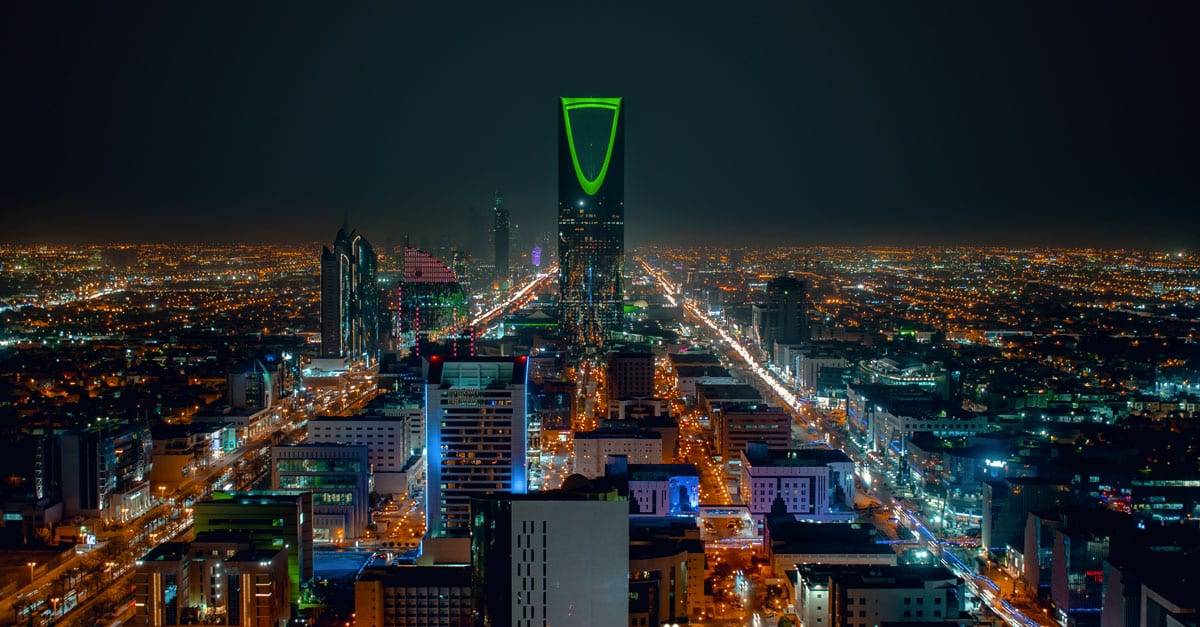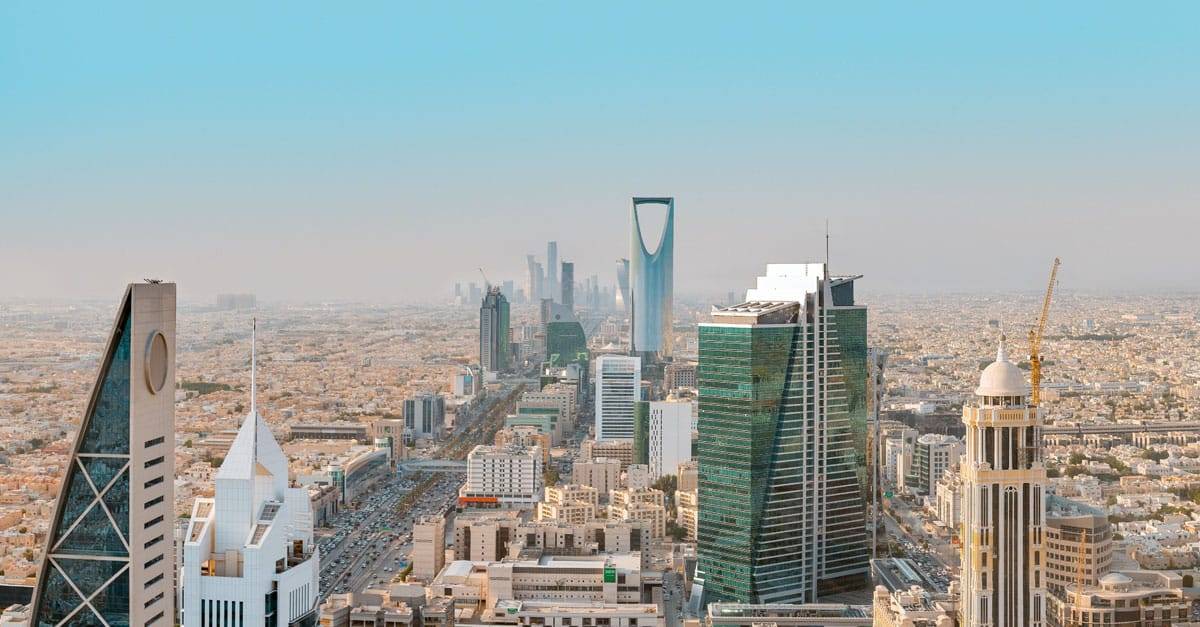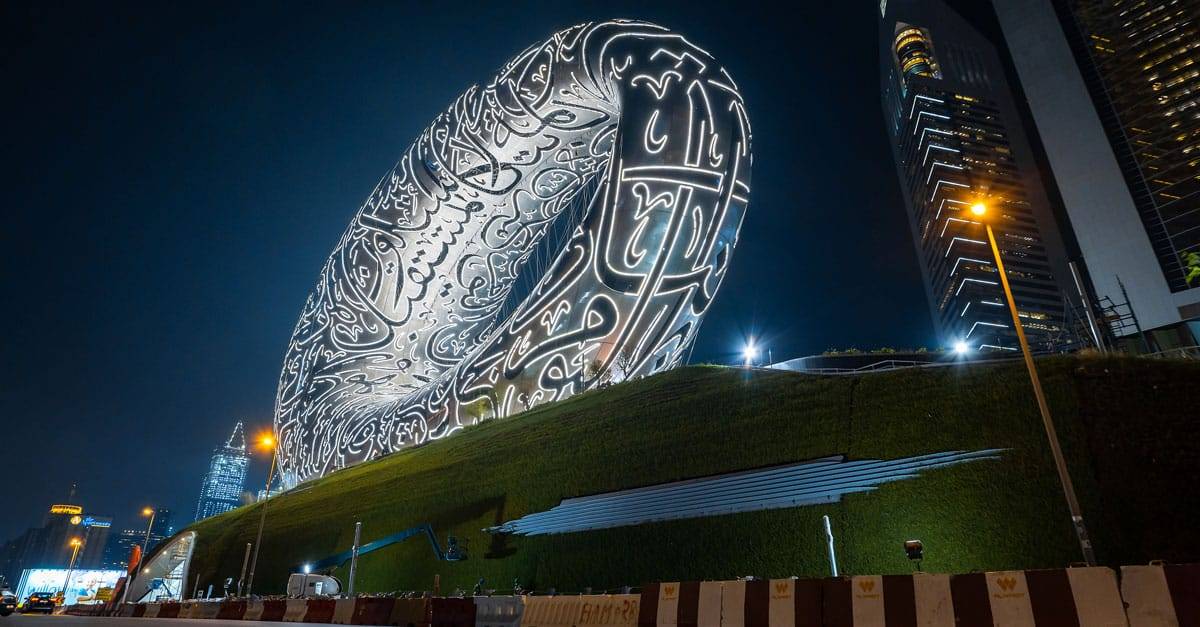The Rise of Lucid Group and Saudi Arabia’s EV Ambitions
Lucid, an electric vehicle company based in California, has picked Saudi Arabia as the site of its first factory outside of California. This choice shows that Saudi Arabia wants to be a big player in the electric vehicle (EV) industry.
The Kingdom has big plans for the future. By 2030, 30% of all new cars sold in the country will be electric. This vision comes from the need to make the country less reliant on oil money and more diverse.
There is more to Lucid’s relationship with Saudi Arabia than just building the factory. The Saudi government owns the most shares in Lucid through its national wealth fund.
Over the next ten years, the government has decided to buy up to 100,000 cars from Lucid. Lucid is now stronger in the market thanks to this relationship. It also shows that the Kingdom wants to help its electric vehicle (EV) business grow.
Your Wealth, Our Priority: Altoo's Consolidation Power, Secure Document Management, and Seamless Stakeholder Sharing for High Net Worth Individuals. Preview Platform.
Environmental Sustainability and Energy Transition
Saudi Arabia’s move to the electric vehicle business is in line with its goal of protecting the environment and cutting down on carbon emissions. By encouraging people to buy electric cars, the Kingdom hopes to lower its carbon footprint and lessen the damage that transportation causes to the environment since it releases a lot of greenhouse gases.
The growth of the EV business is also helped by Saudi Arabia’s investments in clean energy like solar power. The Kingdom has a lot of green energy sources, which makes it a great place to build factories that make electric vehicles. Using green energy and making electric vehicles together shows that Saudi Arabia wants to live in a way that doesn’t harm the environment.
Government Support and Incentives
Setting up Lucid’s EV plant in Saudi Arabia is a big step toward the economic transformation of the Kingdom. Saudi Arabia has traditionally relied on oil money, but it knows it needs to broaden its economy and use less fossil fuels. The EV business looks like a great way to help the economy grow and create jobs.
The Saudi government’s support for the EV industry goes beyond investment and cooperation. It has implemented various incentives and policies to encourage the adoption of electric vehicles. These include subsidies for EV purchases, tax exemptions, and the development of charging infrastructure.
By creating a favorable regulatory environment and providing financial incentives, Saudi Arabia aims to accelerate the transition to electric vehicles. These initiatives not only attract consumers but also support the growth of the EV industry by stimulating local demand.













